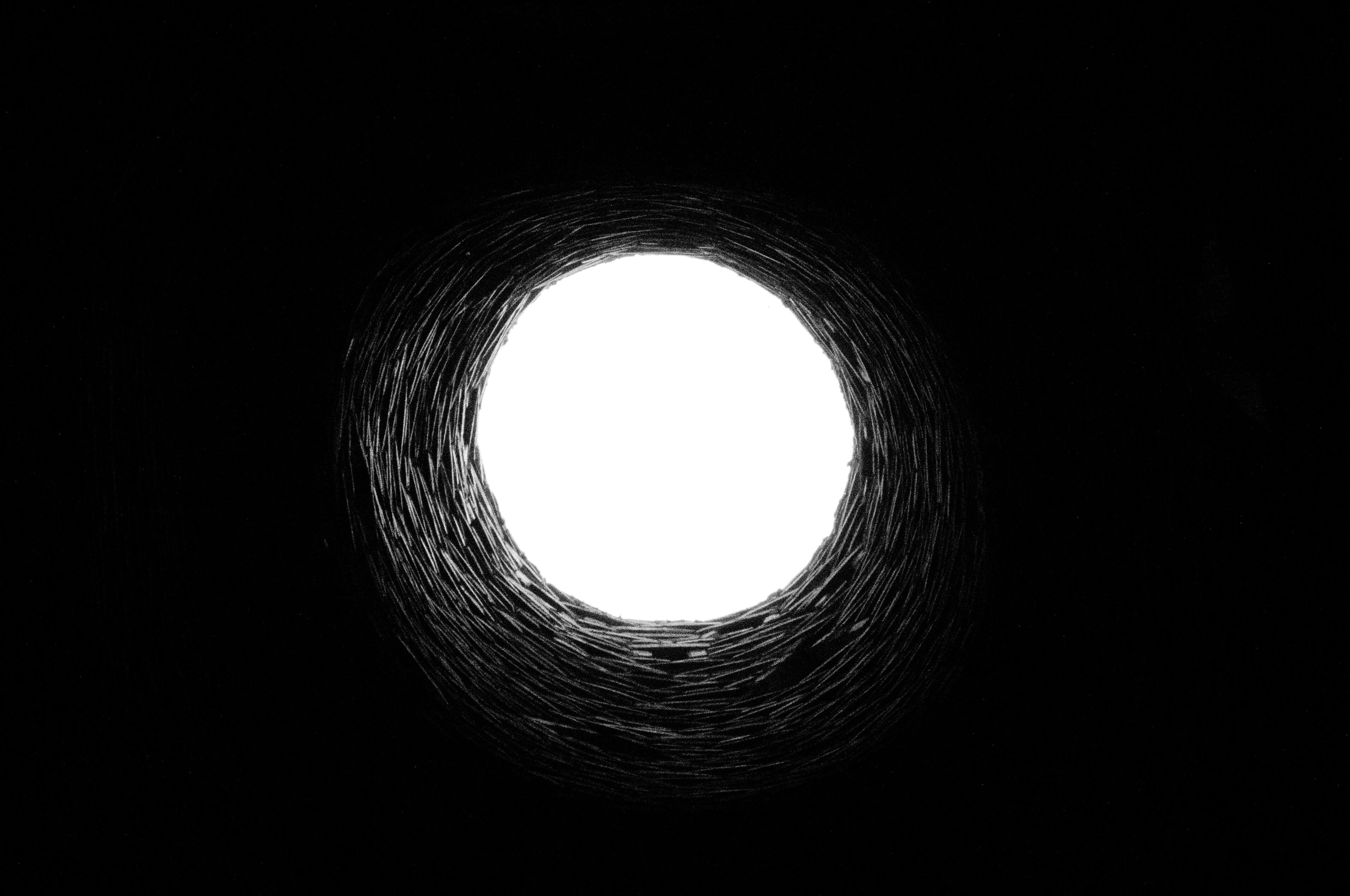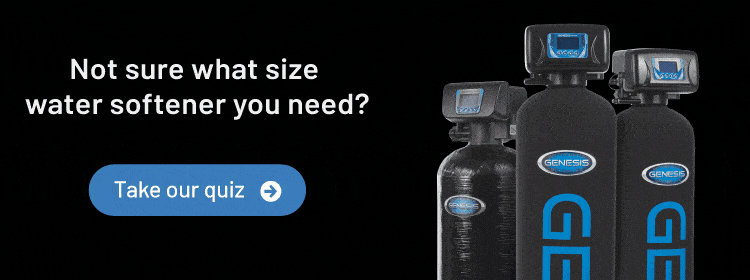City Water vs. Well Water
Posted by Discount Water Softeners on Dec 11th 2018
It’s the perfect house. The price is right, the view gorgeous, and the kids will finally have that huge backyard they’ve always wanted. Before excitement fully sets in, another scan of the property listing shows a private well as the water source. When you realize your dream home won’t have access to a municipal water supply, it can throw you for a loop. With no experience in well ownership, you’re not sure whether to panic or be relieved that you won’t have to pay for city water. The considerations in purchasing a new home can be unnerving, even without the added responsibility of a privately-owned water source. Weigh the pros and cons of well water vs city water before ruling out that dream home. It may be that well water is the best choice for you and your family.
Ask the Right Questions
Don’t know anything about well water? First, understand that private water sources, or wells, are located on the property and are maintained by the homeowners. This means that you will have sole responsibility for its safety and maintenance. It’s common for homes in rural areas to acquire their water from wells. Municipal water or city water refers to public systems which are shared by a community and its safety and treatment is regulated by the EPA.
While the EPA recommends annual testing of well water quality, it’s not a legal requirement. The condition of a well should be evaluated thoroughly before buying a home. Have a well water professional do a complete inspection so there are no surprises after you’ve already signed on the dotted line. Find out how long the well has been in service when it was drilled, and how deep it is. Ask for all maintenance records including any well water treatment and how often water quality testing was performed.
Check with the listing agent and local health department for any other pertinent information and to make sure the seller is in compliance with state requirements. You should be aware of any potential sources of contamination and what the seller has done to ensure the safety of the well. More information will give you the peace of mind you deserve.

How Does a Well Work?
A well is basically a hole drilled into the ground to access water in an aquifer for household use. The well is held open by a pipe, or casing, that extends to the aquifer. A pump draws the water from the aquifer for distribution to the plumbing system. Wells are constructed at different depths depending on the depth and quality of the groundwater and the geological conditions of the well site.
Every state has its own minimum isolation distance requirements for well placement. The best well site is identified by considering the location of existing buildings, gas and power lines, future construction, and any potential sources of contamination.
The well casing prevents loose soil, sediments, and rock from entering the well. It also functions as the connection to groundwater and pathway for water to be brought to the surface. Well screens are used at the bottom of the casing, allowing water to move freely through it while keeping sand and gravel from penetrating.
A water system is needed to pump the water out of the well to the surface and deliver it under pressure to the point of use. A pump is used to lift and push the water from the well and into your home’s pipes. A pressure tank compresses the air in the tank until it reaches a preset level, which shuts off the pump automatically. When a faucet is opened for use, the air pressure in the tank forces water through the pipes until the pressure drops to another preset level which starts the pump again. A pressure switch enables the system to work automatically by starting and stopping the pump at preset levels.
Keeping Well Water Safe
Many people prefer well water to municipal water for several reasons. Private wells are a natural water source with the health benefits of water without the chemicals commonly found in city water. It also typically has lower operational costs and monthly bills than public utilities. Even after routine maintenance and the electricity used for a well pump (utilized in most wells to force water out of the ground and into your pipes), the cost of well water is minimal in comparison to city water.
However, no matter the source, your home’s water can be susceptible to impurities. Because well water comes from the ground, instead of a dedicated reservoir, it is more likely to contain a higher mineral content than city water. These minerals alone aren’t necessarily bad. In fact, many are beneficial to good health. Hard water minerals including iron, calcium, and magnesium can cause scaling and staining.
Household water filtration systems designed for your specific water needs make it simple to remove contaminants and purify your home’s water whether it comes from a city supply or a private source. Many counties and townships offer annual well water testing for contaminants. This should be done annually.
A water quality test or report can help you determine which purification methods are best for your home. Filtration systems such as Reverse Osmosis is an economical way to improve the taste of well water and keep it healthy and safe for drinking.
Don’t be fearful of well ownership. While cleanliness and purity of water is one of the most obvious concerns in a home, private wells are surprisingly resilient and reliable. City treated water, although regulated by the EPA, often has water quality issues of its own. Never purchase a home without having its water tested first. If you own a well, congratulations! You now have access to a natural source of water. With proper testing, care and maintenance, wells are an excellent and affordable choice for homeowners.

